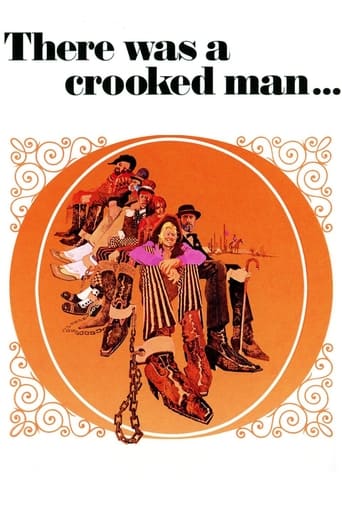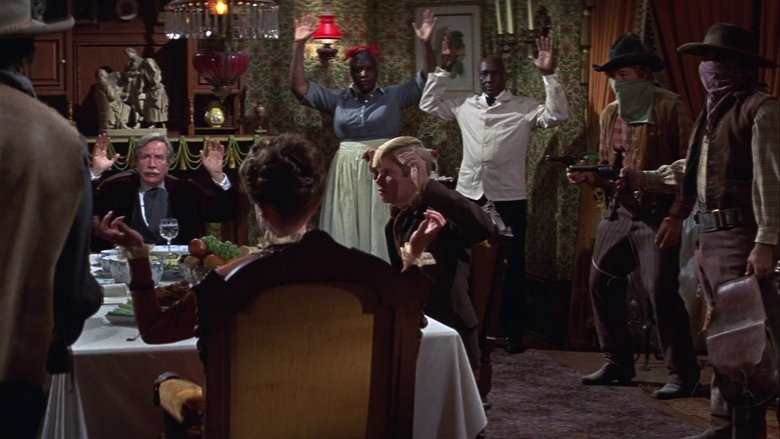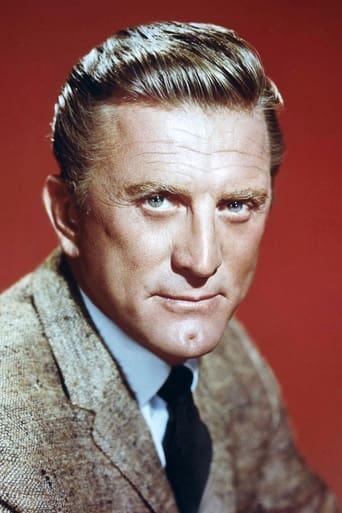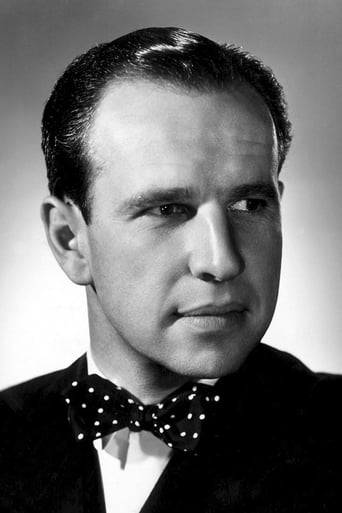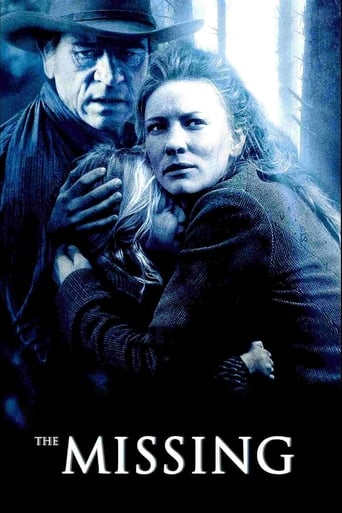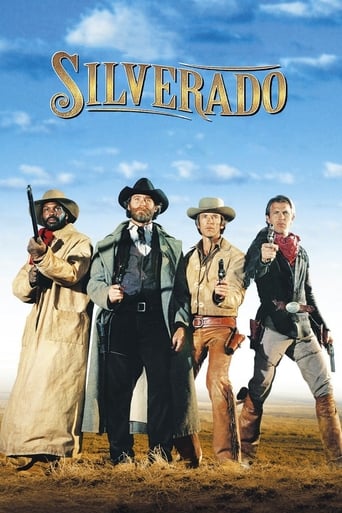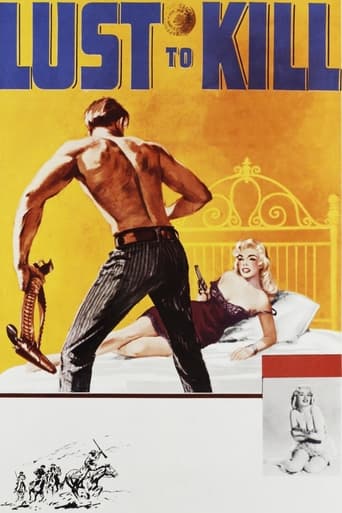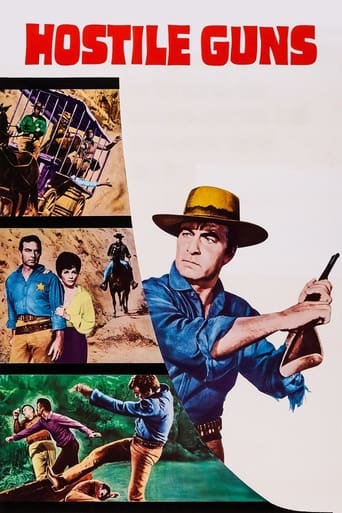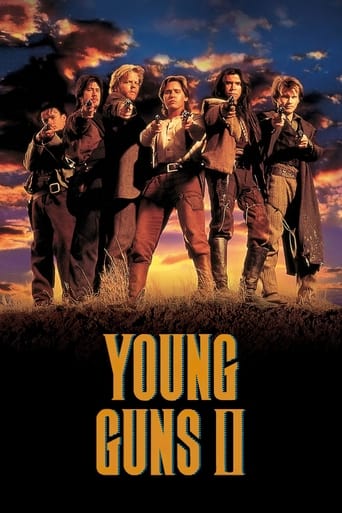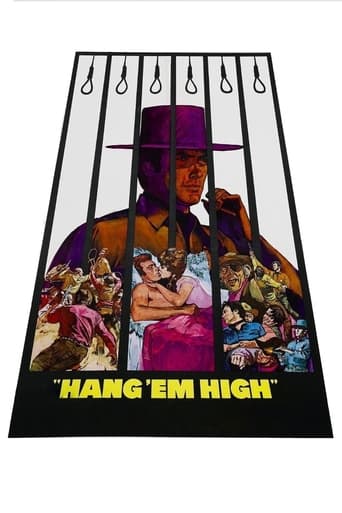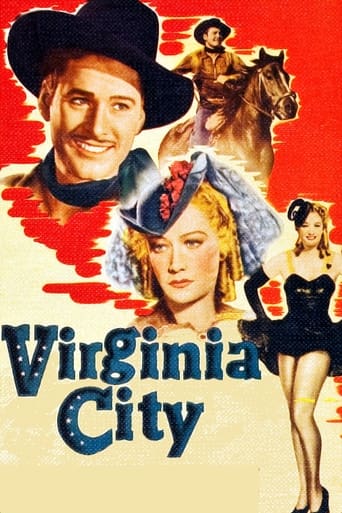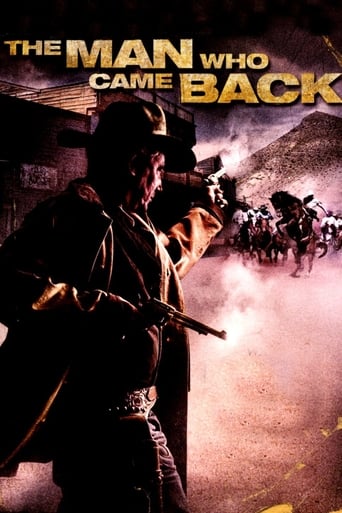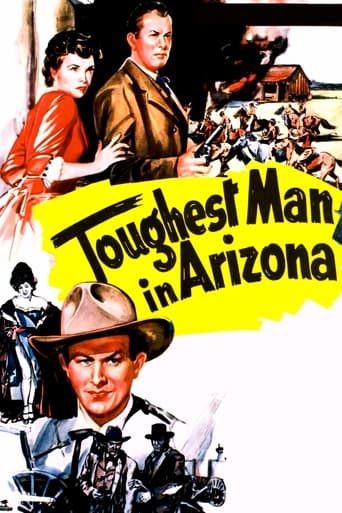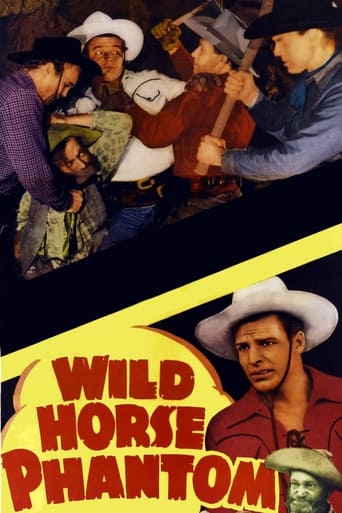There Was a Crooked Man... (1970)
Arizona Territorial Prison inmate Paris Pitman, Jr. is a schemer, a charmer, and quite popular among his fellow convicts — especially with $500,000 in stolen loot hidden away and a plan to escape and recover it. New warden Woodward Lopeman has other ideas about Pitman. Each man will have the tables turned on him.
Watch Trailer
Cast


Similar titles
Reviews
the audience applauded
I cannot think of one single thing that I would change about this film. The acting is incomparable, the directing deft, and the writing poignantly brilliant.
The movie's neither hopeful in contrived ways, nor hopeless in different contrived ways. Somehow it manages to be wonderful
An old-fashioned movie made with new-fashioned finesse.
Beginning and ending look cool but the story is not good. In fact it is bad - pretentious is the word I suppose. It is always a pity to see technically good films to be betrayed by their own story - it is sad. And that is always the primal responsibility of the director. Mr. Mankiewicz has a tendency for scale but this time it betrays him. It is difficult (if not disastrous) to put many things inside a western - the genre is frugal by definition. Few directors have managed more complex forms and Mankiewicz is definitely not among them.
A unique entry among the golden age of westerns, this is a combination of dark comedy with classic prison drama. In fact, this could be called the "Grand Hotel of Prison Movies" with its eclectic group of characters in a desert prison where bandit Kirk Douglas ends up after he robs a respectable house during their respectable dinner. You know you're going down a different territory when you see the black cook (veteran actress Virginia Capers) quietly bemoaning the fact that she has to work for snooty white folks then putting on airs when she brings their supper into the dining room. Douglas is soon caught and sent to prison where a sudden change brings in new warden Henry Fonda who wants to establish prison reform. Fonda is actually out to discover where Douglas hid the loot he stole (in a pair of bloomers) and befriends him in order to gain some clues. One thing leads to another, the prisoners plan an escape attempt, and the stage is set for Fonda to follow Douglas in order to find out what he's been hired for.This starts off on just the right note (with the robbery) and never lets up, following Douglas to a brothel (with "The Young and the Restless's" Jeanne Cooper as a hooker!), then to prison where the variety of fellow prisoners are introduced. There's the ancient Missouri Kid (Burgess Meredith), a grizzled con (Warren Oates), a young hot-head (Michael Blodgett), a mute giant (C.K. Yang), and most memorably, an obvious gay couple (Hume Cronyn and John Randolph) who argue like an old married couple. Then, there's "the skipper" (Alan Hale Jr.) as one of the guards, a jovial type who gets a surprisingly gruesome ending.This is a bawdy comedy with tons of sexual overtones that at first seem gratuitous but really fill out the cheek that some writer's tongue was obviously in. Not only is there the brothel sequence, but a beautiful visitor to the prison (veteran actress Barbara Rhodes) literally gets her dress blown off of her when an explosion in the prison occurs. The violence of the prison is not at all pretty, and Douglas's character is a villain you can't help but like, even though he's about as trustworthy as a rattle snake. As for Fonda, there's a crooked smile to his supposedly law abiding citizen that is quite a contrast to the sparkle in Douglas's eye. It says to the audience that these two opposites are more alike than they think, and even if they are on the opposite sides of the law, three's an unspoken respect that indicates they knew there's more to each other than what really meets the eye. There's also an ironic conclusion that is truly sardonic and extremely amusing. Some exciting cameos by Arthur O'Connell and Ann Doran (as the robbed white folks in the opening), Martin Gabel (as the original warden) and Lee Grant fill out the cast. Veteran director Joseph L. Mankiewicz provides an exciting atmosphere that never lets up, with excellent photography and outstanding production values. Especially because of its cynicism, this holds up just as well today as it did back in 1970.
There is so much to like and appreciate about this film that while it's an enjoyable experience, it isn't the great film it should have been.Firstly, the script is largely excellent. It has a good plot and characters backed up by interesting dialogue. It has a top-notch cast delivering almost universally quality performances. As well, it has some interesting themes and issues to explore, especially in the central battle between Fonda's warden and Douglas' prisoner. The scene where Douglas confronts Fonda in the just built eating hall and exposes his self-serving interests and hypocrisy, is a great example of top-class screen writing.All the elements are there for a classic (or at least semi-classic) Western, but it doesn't quite reach that. Why? I think a big problem for this is Joseph L. Mankiewicz's direction. As other users have commented, the tone of the film is jerky and erratic and he has to take prime blame for that. But even in pure cinematic terms, it isn't well directed. Scenes that should have been highlights (such as the robbery that opens the film) lack punch because they're ineptly handled.I think another major problem is the cinematography. The glossy, bright and flashy look of TWACM seems more in tune for a jovial, knockabout, straightforward Western. For a film full of cynicism, complexity (as well as its share of humour) and some rather depressing elements, it's a distracting and misjudged look. The much more realistic style that was to become much more common in films as the 1970s progressed (e.g. 'McCabe and Mrs. Miller') would have been much more apt.Overall, an under-appreciated and underrated film worth seeking out. But also a bit of a missed opportunity.
Mank didn't write the screenplay for this, his penultimate movie but elected instead for a script from the team responsible for Bonnie and Clyde. The plot itself, a melange of Western meets Big House was also something of a departure though given his proved eclecticism no one was really surprised. Curate's Egg is as good a description as any for while it is definitely good in parts ultimately it fails to satisfy. Hume Cronyn, working for a third and final time with Mank may well have relished the return to at least half the genre where he made his name - at least as a film actor - as the brutal warder in Brute Force playing someone diametrically opposite in the form of a gay con. I didn't note that much chemistry between the two leads, Douglas and Fonda, unlike say, Douglas and Lancaster but the film does benefit from a rich assortment of support in the shape of John Randolph, Warren Oates, Arthur O'Connell, Burgess Meredith and Lee Grant. Douglas' exotically named Paris Pitman seems out of place in the Arizona desert but charms his way through. Interesting rather than memorable.

